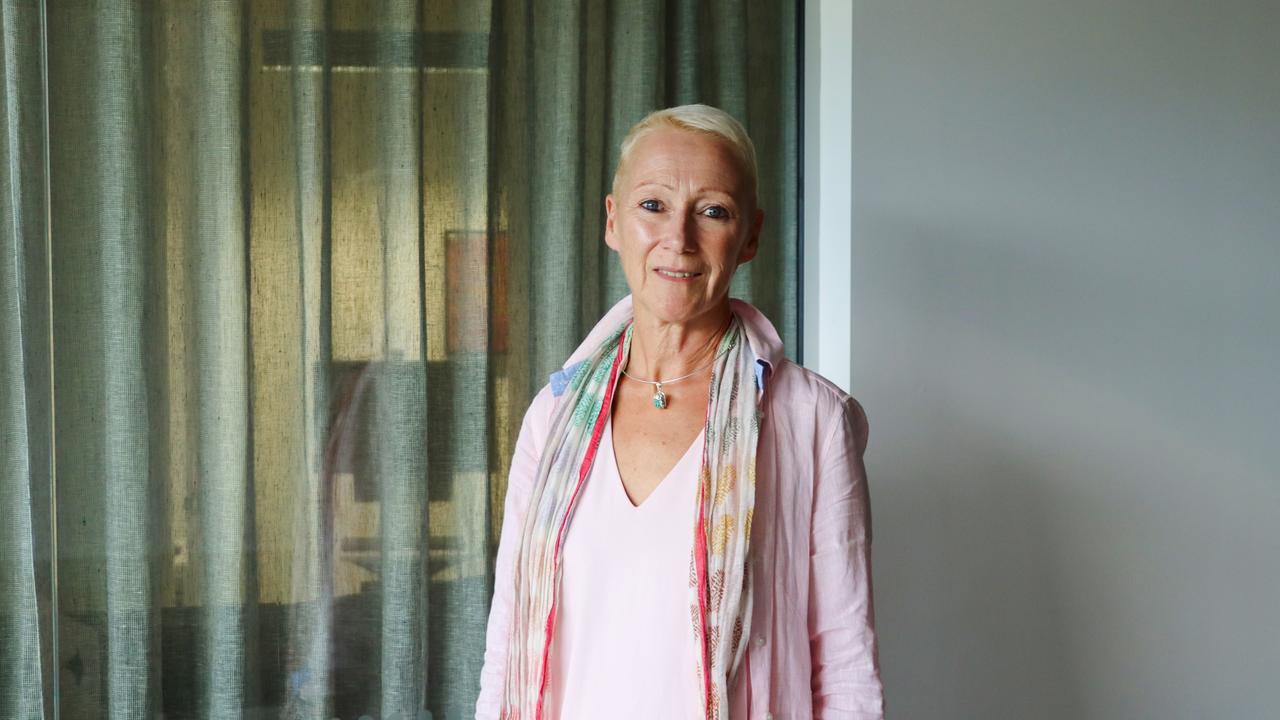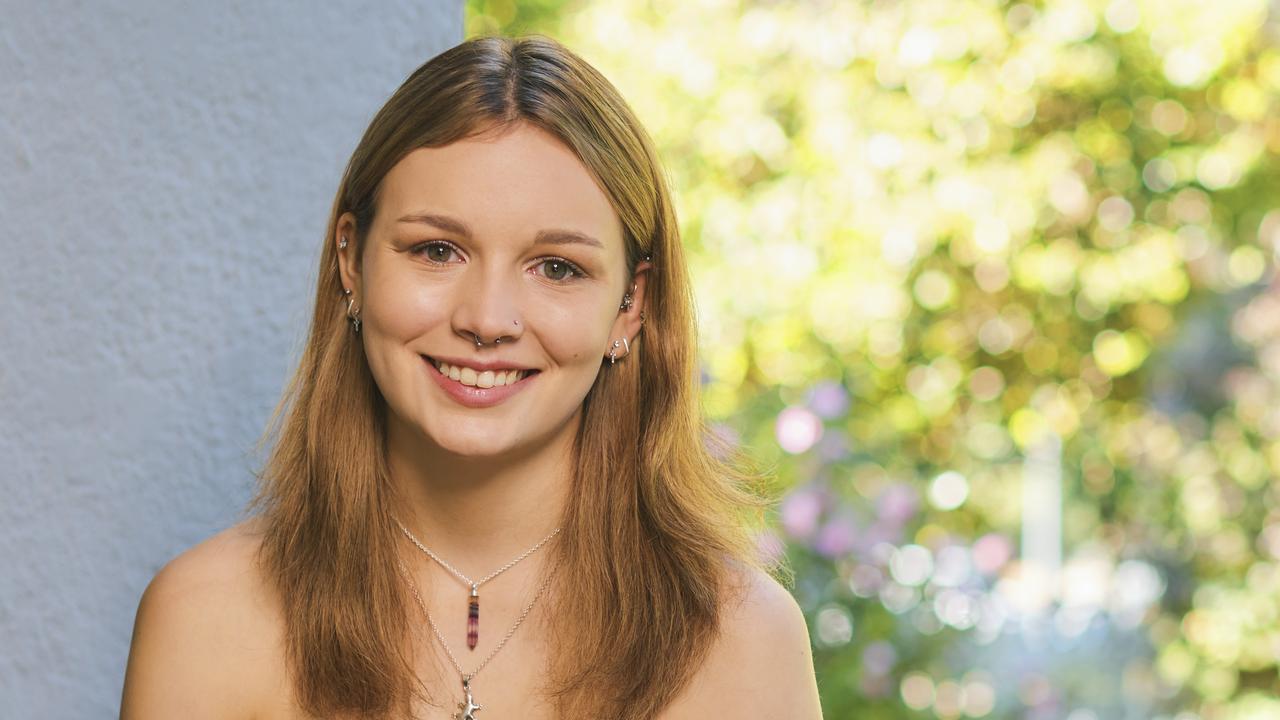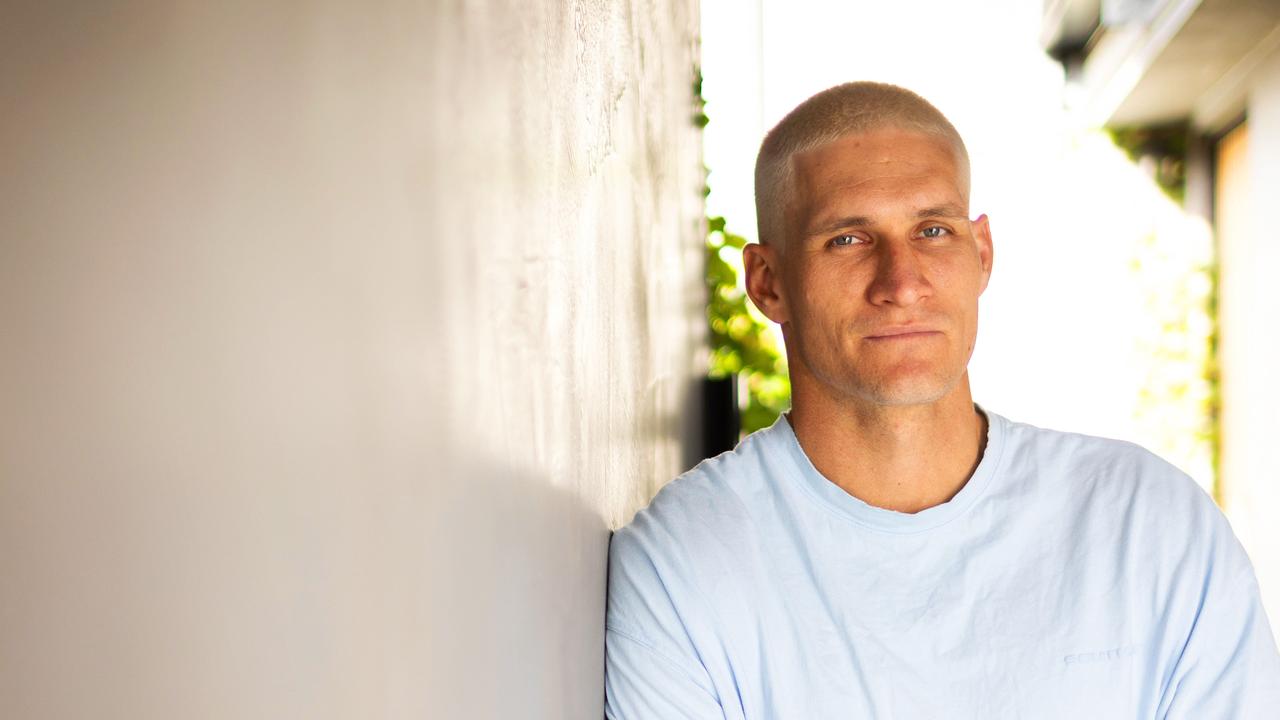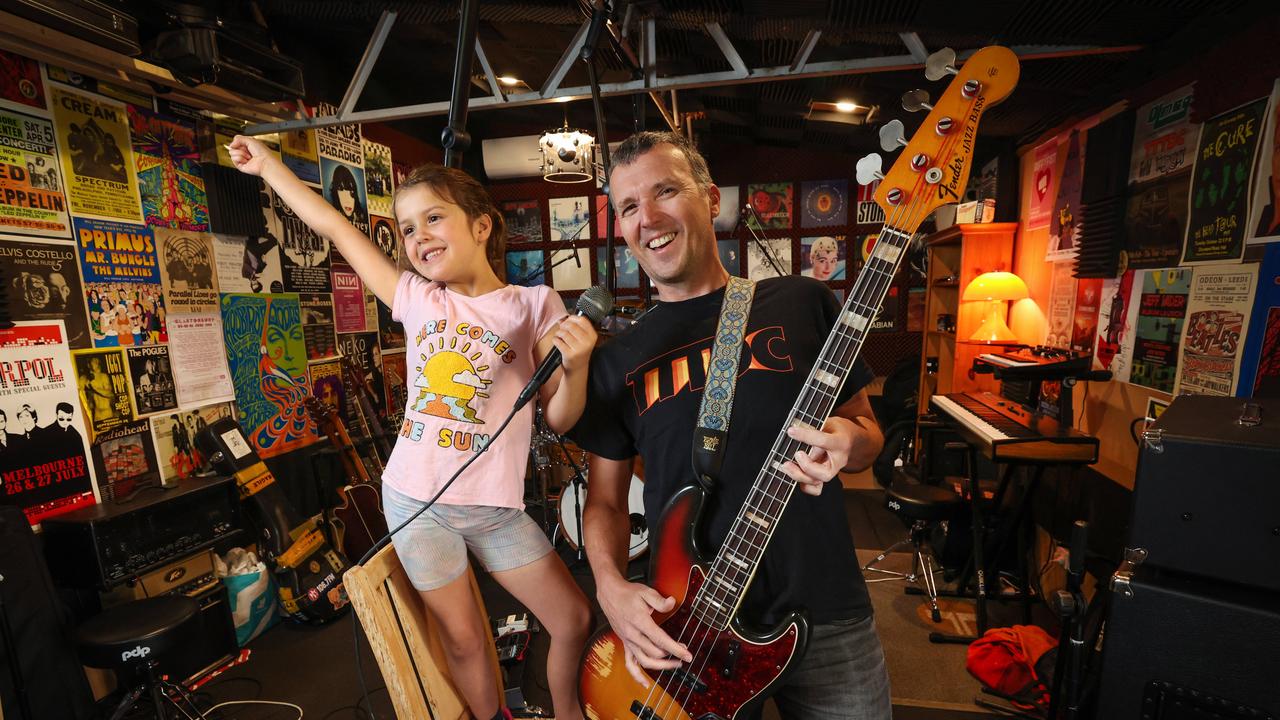Dr Elizabeth Scott: What Australia should do about anxiety
Despite Australia’s reputation for a laid-back culture, the reality of poor mental health is affecting millions, writes Dr Elizabeth Scott.

Mental Health
Don't miss out on the headlines from Mental Health. Followed categories will be added to My News.
While Australians believe we share a rather laid-back and carefree culture, the real impacts of poor mental health are now more apparent, affecting at least five million of us each year.
Of greatest concern are the rapidly rising rates of anxiety and depression in children and teenagers.
It’s important to say that anxiety is a normal part of human experience.
Anxiety helps us to protect ourselves and those we care about from all sorts of real threats or challenges.
What’s not normal is when anxiety goes right over the top, persists and stops us taking effective actions.
It’s then that we call it a disorder.
Anxiety disorders (including panic attacks, post-traumatic stress, agoraphobia, social anxiety, general anxiety and obsessive-compulsive disorder) are now the most common mental health conditions, with one in four of us experiencing one of these at some point in their lives.
The increasing rate of anxiety, particularly in young people, should be ringing alarm bells. These disorders are typically the precursor to a whole raft of other mental health conditions, most commonly severe depression, as well as drug and alcohol abuse, heart disease and other chronic physical health conditions.
Much attention has focused on the downsides of social media, with the potential for negative impact on young people attracting most media and political attention.
But new technologies are not all bad – they do allow many of us to stay connected and get the information we need.
However, other major social changes are having an impact – most notably declining social cohesion and social support for young people during their critical child and teenage years. Loneliness is rampant in our modern world and, surprisingly, most evident in younger, not older, generations.
Since Covid, we now see less participation in community groups, sporting clubs, volunteering, churches and other neighbourhood activities.
Consequently, there is less mentoring and role modelling by adults for young people going through tough times.
While federal governments have been investing more funding in recent years, the supply of high-quality services falls far behind the surge in demand.
Those with ongoing or severe anxiety need rapid access to medical or psychological treatments that work.
We not only need to do more, but we also need to do things differently.
Providing young people, their parents and teachers, and their grandparents with the most up-to-date information of what they can do themselves, when to seek help and what good care looks like is essential.
Rather than waiting for those most affected to finally turn up at their GPs years after they’ve developed major health complications, we need new partnerships in schools, colleges, universities and workplaces that reach out and offer new pathways to care.
Once people do come forward, we then need to make sure they get high quality and evidence-based treatments that really work.
No simple hand-holding, story-telling or endless talk.
People with anxiety need to learn real skills to control the physical and psychological impacts of anxiety so they can quickly get back to school, work and productive social lives.
Effective psychological care is not endless.
It’s focused and impactful.
At times it needs to be supported by appropriate medicines.
People also need to learn quickly which strategies work best for them and then track their own progress.
Anxiety disorders do not discriminate, they affect young and old, rich and poor.
It’s time to treat anxiety disorders as a collective responsibility – then we all benefit.
Dr Elizabeth Scott is consultant psychiatrist and principal research fellow at The University of Sydney, and a member of the Medibank Mental Health Reference Group
Can We Talk? is a News Corp awareness campaign, in partnership with Medibank, helping Australian families better tackle mental wellbeing. To follow the series and access all stories, tips and advice, visit our new Health section.
More Coverage
Originally published as Dr Elizabeth Scott: What Australia should do about anxiety






